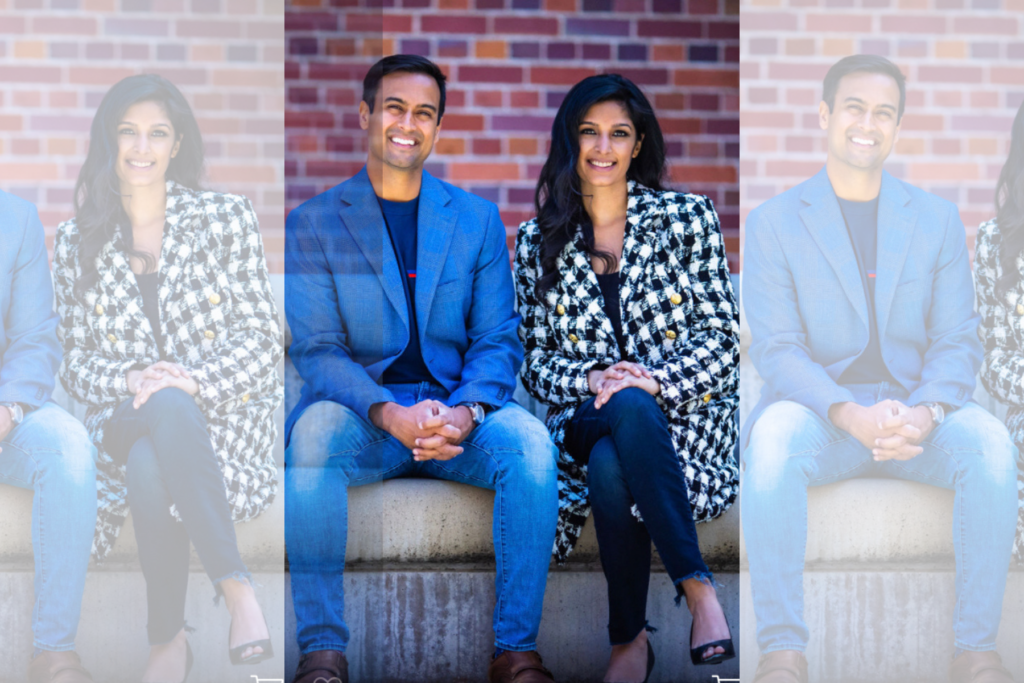
There aren’t too many children’s books that deal with parental mental health challenges, let alone books that are about South Asian families. That’s why I was so excited when I heard about “Our Mom, Our Hero — a Mental Health Journey.” It’s a children’s book written by Nicole Jain and Ravi Sharma of OOTify and illustrated by Brianna Peterson. It follows the story of Mya and Shaan, two young children, as they navigate to find help for their mom who is experiencing mental health challenges, which you can order here.
View this post on Instagram
Most impactful for me is that the narrative is from the perspective of the children — a perspective that is quite often overlooked. The way the story is written serves as a really great tool to help children understand the symptoms of mental health challenges within the family unit and can also be used to help children identify these symptoms within themselves or their friends.
[Read Related: Co-Parenting in the Time of COVID-19]
As a South Asian therapist, I hope to see more important books like this because mental illness is quite prevalent within the South Asian community. One in five South Asian Americans reports experiencing a mood or anxiety disorder in their lifetime. Yet, strong cultural stigmas and misunderstandings prevent South Asians from accessing services or seeking help. Not seeking help is one of the plot points in the book, and I’m glad Jain and Sharma included that. The story constantly makes connections between physical and mental health, underscoring that your mental health is a part of your physical health and has to be treated as such. Not just for treatment, but support from loved ones as well.
A strength of the book is that it is educational without being dull. The narrative provides clear definitions for terms like “stigma,” “psychiatrist,” “therapist,” and “support group.” Many people in the South Asian community feel overwhelmed by mental health terms and therefore avoid it altogether. More importantly, the book showcases therapy sessions through illustrations, describing the types of questions that can be asked in family sessions and how impactful therapy can be. The book closes with a few self-care activities and reflections, broken down by age group — another important resource to help families get started on their own mental health journeys.
[Read Related:6 Children’s Books by South Asian Authors you need in Your Bookshelf]
While I know this is meant to be a children’s book, I can see it being useful in navigating conversations about depression and mental health challenges with older parents and grandparents. In the last 18 months alone, the COVID-19 pandemic has seen skyrocketing numbers for mental health issues. According to a report by Statistics Canada, of the five visible minority groups, South Asians showed the poorest mental health within the pandemic. Another study published in the Journal of Immigrant and Minority Health showed that South Asian men reported higher levels of depression post-pandemic when compared to pre-pandemic levels. Coupled with the youth mental health crisis we are in, with 13.84 percent of youth (ages 12-17) reporting at least one major depressive episode in the past year, books like this become vital. Vital for opening conversations, giving language and understanding to complex concepts, and most importantly, normalizing mental health and showing what empathy looks like.
If you need resources, here are a few helplines:
- Teen Line: -800-852-8336 Nationwide (6 p.m. – 10 p.m. PST) TEXT TEEN to 839863 (6 p.m. – 9 p.m. PST)
- National Suicide Prevention Lifeline: 800-273-8255 (TALK)
- SAMHSA: 800-662-4357 (HELP)
- Crisis Text Line: Text “HOME” to 741741
- Access OOTify’s Mental Health Services
For more information on the book, the initiative and co-authors, please visit ootify.com.




